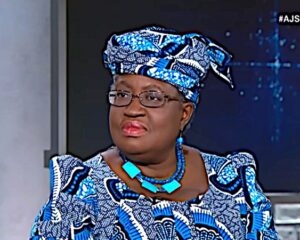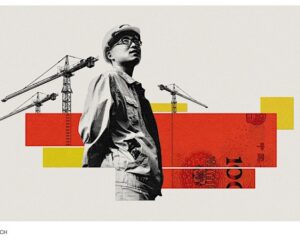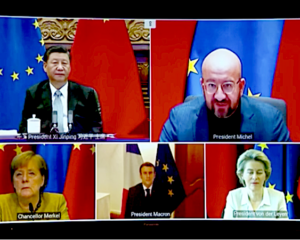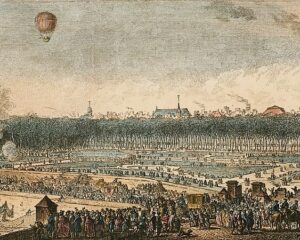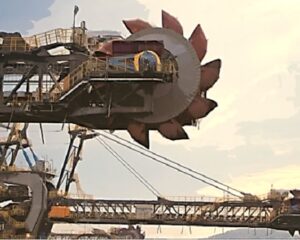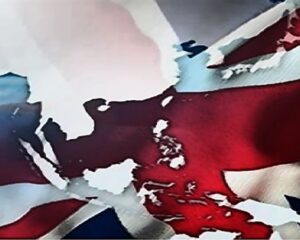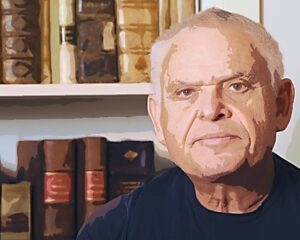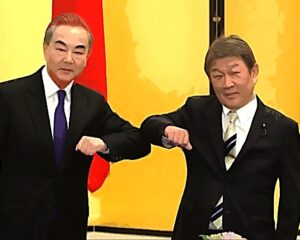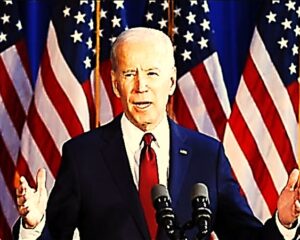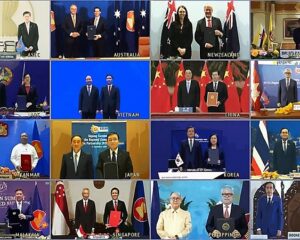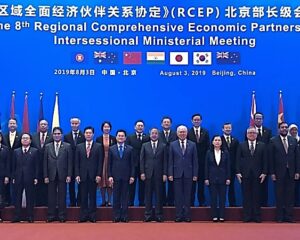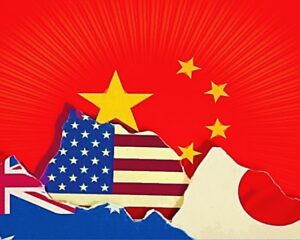The World Health Organisation has today called for urgent action to ramp up the supply of Covid-19 vaccines, echoing the growing concern of many commentators observing the divergence between what developed countries are doing, and what we know must be done, to avoid prolonging the pandemic and increasing the cost to the global economy. In the article below, in the context of Italy’s decision this week to refuse an export licence for vaccines destined for
Read more

